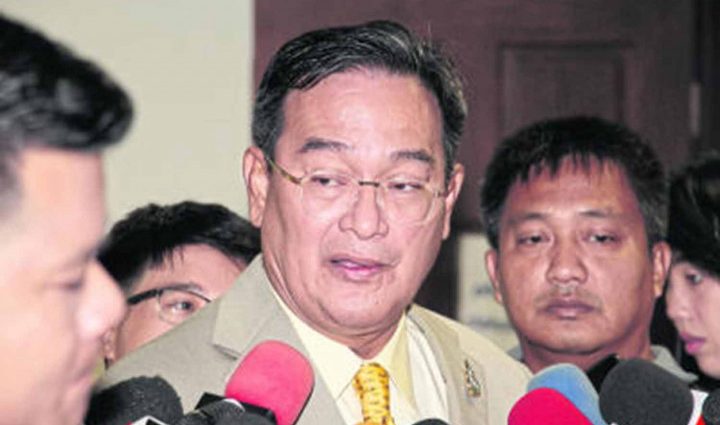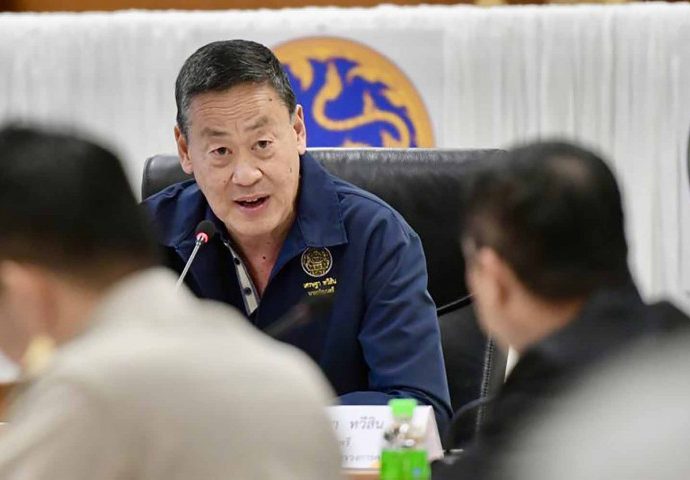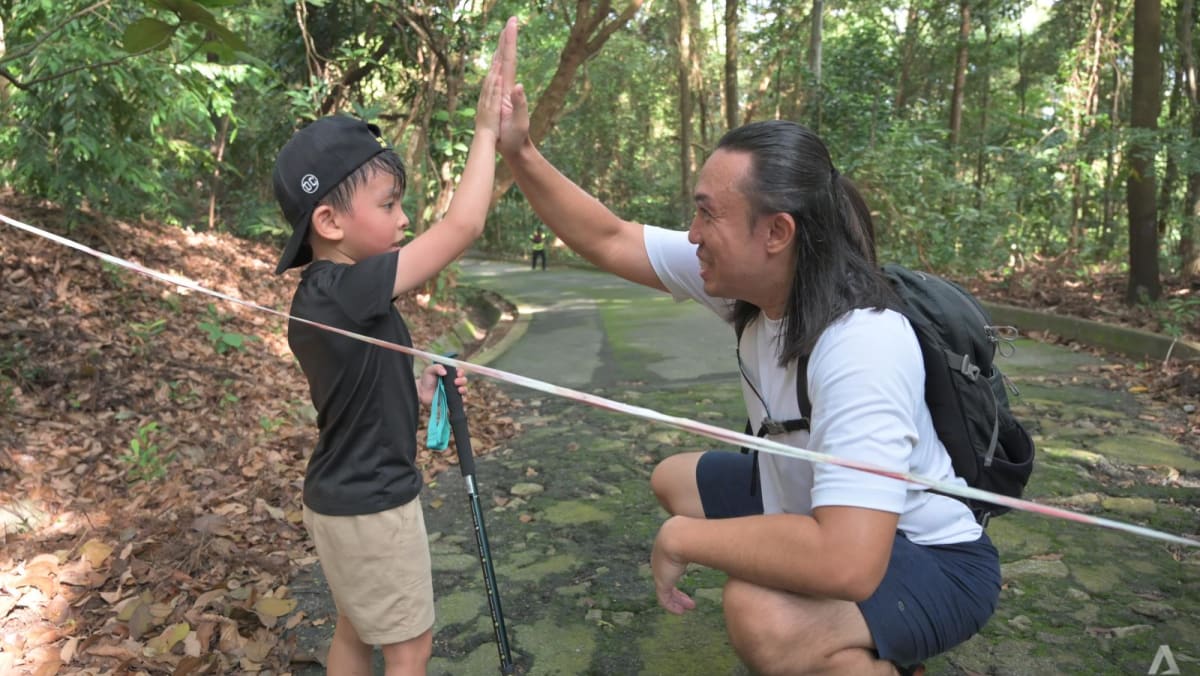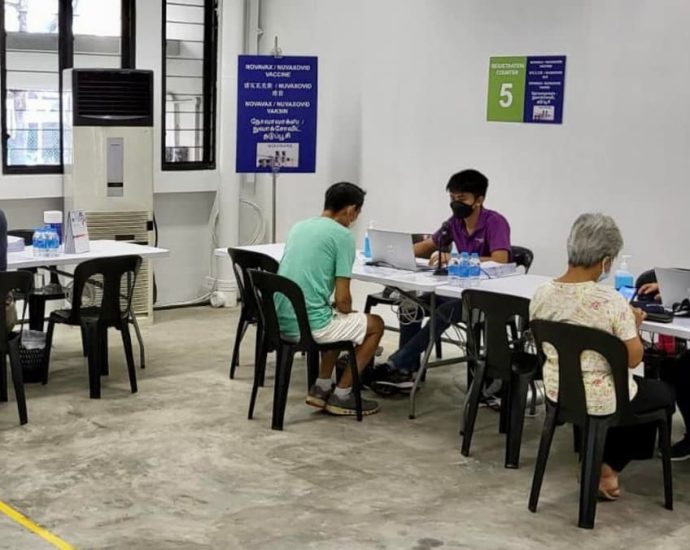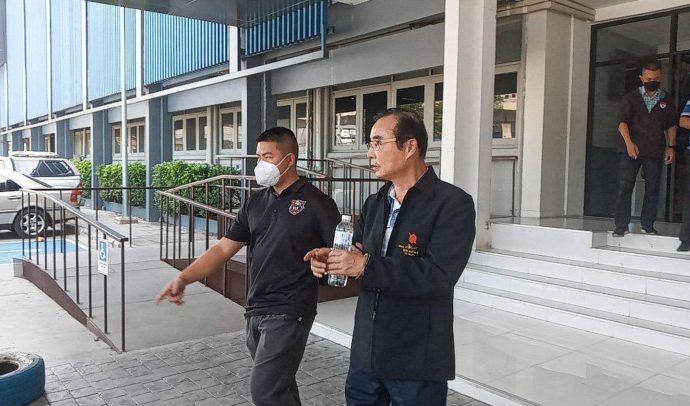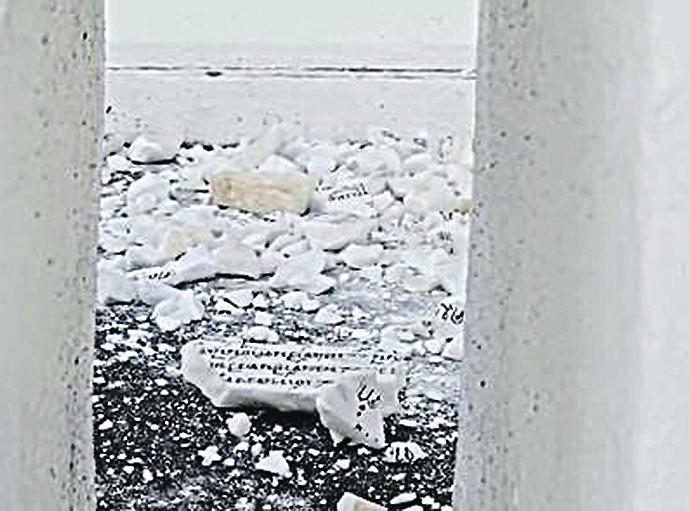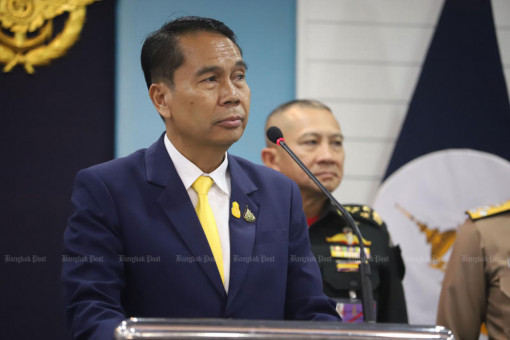Charter-draft panel taking shape
PUBLISHED : 24 Dec 2023 at 07:12

The new constitution drafting assembly will comprise 77 provincial representatives and 23 other members who are experts and representatives from various groups, said the head of a sub-committee on rewriting the constitution on Saturday.
The government sub-committee is currently gathering public opinions on its proposal for rewriting the constitution.
The 23 members of the assembly include five public law experts, four experts in political science and public administration, and four members with a background in politics or charter drafting, said Nikorn Jamnong.
The rest represent various groups, with two representing children and youth organisations; two, women’s groups; two, organisations working on elderly rights and welfare; two to advocate for the rights of the disabled, and two promoting gender diversity, said Mr Nikorn.
After collecting opinions via multiple hearings, the sub-committee will on Monday submit its conclusion to the main constitution amendment committee. Opinions were drawn from students, professional and civic groups, and parliamentarians.
As for the number of referenda that will be organised on the charter amendment, three is the most common choice proposed in previous nationwide hearings, he said. The first referendum will be carried out before the charter amendment begins to find a conclusion on whether most of the public support the charter-mending proposal, while the other two will follow later, said Mr Nikorn.
“What is also important and needs to be discussed at tomorrow’s meeting of the main committee is how to keep the costs of organising all these public referenda as low as possible,’’ he said
The three referenda will cost approximately 9.6 billion baht, said Thanakorn Wangboonkongchana, a list-MP of the United Thai Nation Party, citing a previous estimate by the Election Commission. He suggested the government hold each referendum coinciding with a local election where possible, to help reduce costs.
Parit Wacharasindhu, spokesman for the Move Forward Party (MFP), meanwhile, affirmed the party’s stance that members of the assembly must come from an election, not via selection by parliament.
A quota of experts and group representatives could also be elected at the same time using three ballot papers — one for choosing the provincial representative, another for picking a representative in the expert group and the final one for electing a representative of the other various groups, said Mr Parit.
The MFP has proposed the government ask the public in a referendum also whether they want members of the drafting assembly to come from an election.

